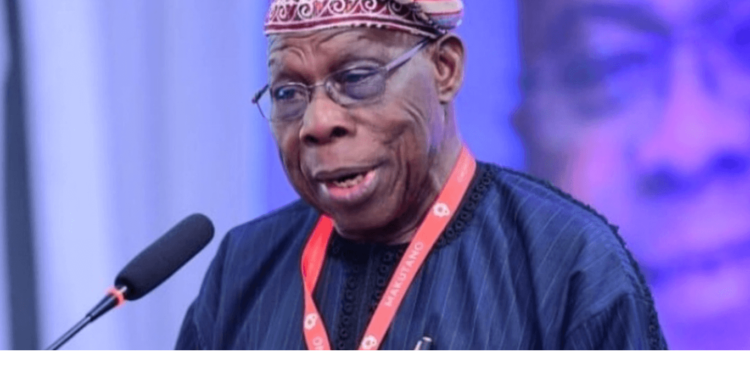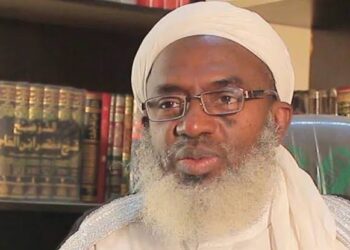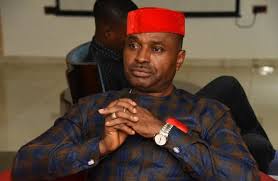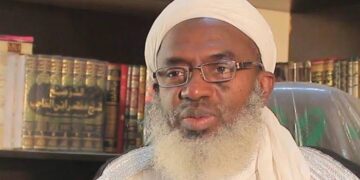Former President Olusegun Obasanjo has emphasized that Nigeria’s fight against corruption can only be successful if it begins at the highest levels of leadership. Speaking during an interactive Zoom session, Obasanjo stressed that top government officials must lead by example, showing accountability and a commitment to transparency. He argued that this would set a standard for others and demonstrate the government’s genuine commitment to combating corruption in the country.
Obasanjo likened corruption to a hydra-headed monster that has deeply embedded itself in Nigeria’s social and political systems. He maintained that corruption could only be effectively tackled if leadership set the tone from the top. “The best way of fighting corruption is starting from the head; that is where corruption has to be fought from,” Obasanjo asserted. He further explained that combating corruption requires consistent effort, emphasizing that it is not a one-time task but a daily, ongoing battle.
The former president also cited an analogy by the late Sultan of Sokoto, describing corruption as a “babariga,” a traditional attire, which when folded on one side, causes it to unravel on the other. He explained that corruption cannot be addressed by one regime or a single administration alone, highlighting that sustained, long-term efforts are necessary for success. “It has to be consistent. It has to be continual,” he added.
Obasanjo also called for a reform in the recruitment and appointment of public office holders, urging that such positions should be filled based on merit rather than political or tribal considerations. He argued that the current system of political appointments often undermines the fight against corruption by prioritizing political loyalty over competence and integrity.
On the subject of leadership, Obasanjo shared his belief that leaders are primarily chosen and prepared by God, with their success tied to divine guidance. He cautioned against self-made leaders or those appointed through nefarious means, stating that such individuals are more likely to fail. Additionally, he acknowledged the existence of negative forces, stating that Satan also has the power to influence leadership. His comments underlined the importance of integrity in leadership, which he believes is crucial for effective governance and combating corruption.


































